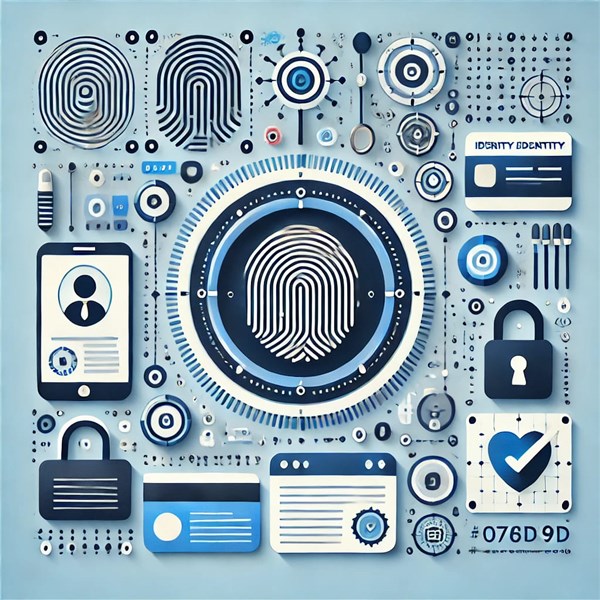Unable to find what you're searching for?
We're here to help you find it
In an era where data breaches, insider threats, and identity theft are daily headlines, the need for robust identity and access management (IAM) has never been more critical. Whether you're securing a cloud application, managing enterprise access policies, or enabling secure remote work, identity is at the core of modern cybersecurity.
That’s where identity certification training comes in.
Designed for IT professionals, system administrators, and cybersecurity teams, identity certification programs equip you with the knowledge and hands-on experience to protect digital identities, enforce access controls, and support compliance initiatives.
In this comprehensive guide, we’ll explore the key skills you’ll gain through identity certification training, and how they prepare you to lead in today’s evolving security landscape.
Identity certification is a formal credential or training program that validates your understanding and ability to implement identity and access management systems. These certifications typically cover:
Popular certifications include:
Identity certification is ideal for professionals in roles such as:
Whether you’re securing a Fortune 500 enterprise or a fast-scaling startup, identity skills are critical.
Let’s dive into the core skills you’ll develop through a comprehensive identity certification program:
One of the first and most foundational skills you’ll gain is understanding how digital identities are created, managed, and deprovisioned within an organization.
You’ll learn to:
✅ Why It Matters: Proper lifecycle management reduces attack surfaces and improves productivity by granting the right access at the right time.
These two pillars form the foundation of any identity system.
You’ll gain expertise in:
✅ Why It Matters: You’ll be able to design secure, user-friendly access solutions that support both security and usability.
You’ll develop a strong grasp of how to enforce access policies based on user roles, departments, and risk levels.
Learn to:
✅ Why It Matters: Effective access governance ensures regulatory compliance and mitigates insider threats.
Privileged accounts—such as admin, root, or superuser—are prime targets for attackers. Identity certification training teaches you to:
✅ Why It Matters: PAM protects your most sensitive systems and is often a compliance requirement.
Understanding how identities are stored and federated across systems is essential.
Skills include:
✅ Why It Matters: These integrations allow seamless user experiences across internal and third-party applications.
Modern IT environments are rarely limited to on-premises. You’ll learn how to extend identity controls to cloud ecosystems:
✅ Why It Matters: Hybrid identity management is crucial as enterprises move to multi-cloud or remote work setups.
Many programs now include adaptive security techniques that use contextual data to make access decisions.
You’ll explore:
✅ Why It Matters: Proactive threat mitigation is key to securing against credential abuse and account takeovers.
Identity certification training also prepares you to align with industry standards and legal regulations:
✅ Why It Matters: You’ll help your organization avoid hefty fines and ensure trust with customers and stakeholders.
Knowing how to react when an identity-related incident occurs is critical.
You’ll learn to:
✅ Why It Matters: Fast, effective incident response limits damage and shortens recovery time.
Most training includes practical exposure to leading identity solutions:
✅ Why It Matters: Practical experience boosts your confidence and market value in job interviews and real-world environments.
Aside from skills, here are major benefits of becoming identity-certified:
🧠 Final Thoughts: Is Identity Certification Worth It?
Absolutely. With digital identities becoming the new perimeter in modern enterprises, IAM skills are mission-critical. Whether you’re looking to grow your career, secure your organization, or prepare for future roles in cybersecurity, identity certification training gives you the right tools and knowledge to lead.
With these key skills, you will be well-equipped to handle the identity and access management needs of any organization. Enroll in the Identity Certification Training at Koenig Solutions, a leading IT training Company providing certifications in top technology courses, to gain these skills and boost your IT career.

Aarav Goel has top education industry knowledge with 4 years of experience. Being a passionate blogger also does blogging on the technology niche.










